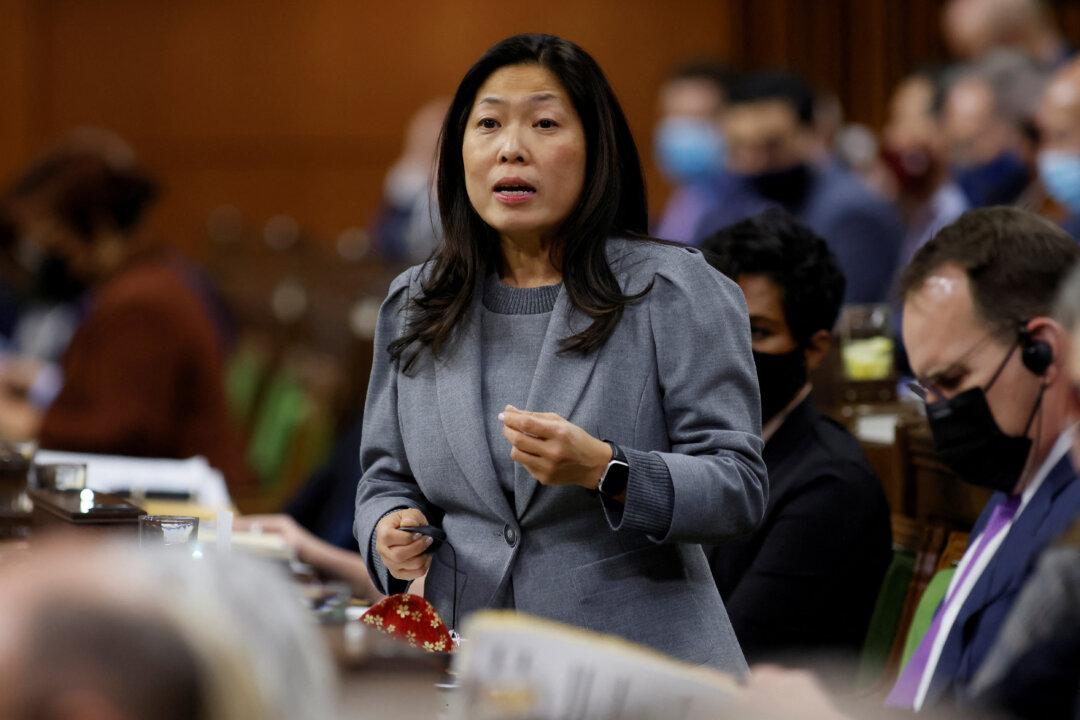The federal government is looking to resolve concerns from the United States that Canada’s pending internet regulation bill will discriminate against American businesses, says International Trade Minister Mary Ng.
“There are going to inevitably be issues that we just need to work through,” Ng told the Senate Foreign Affairs and International Trade committee on Dec. 15.





